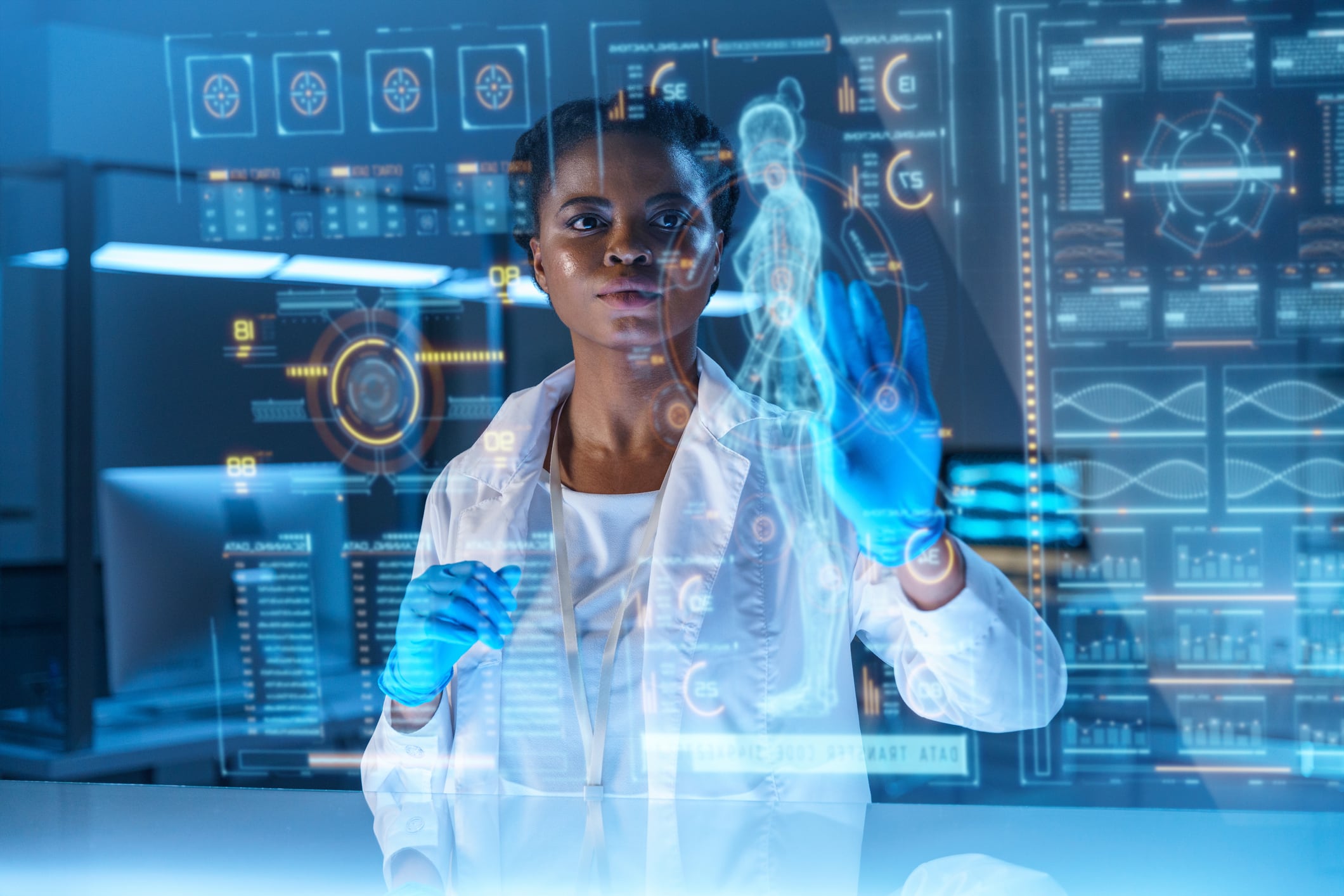This was the message provided by Steven Tucker, Founder and Medical Director at Tucker Medical, Singapore, during a presentation discussing the future of health at Danone Nutricia’s recent Global Virtual Conference.
Within his presentation he explored the convergence of nutrition, technology, and disease prevention.
He began by pointing out that no country in the world in the last 50 years has reversed the pandemic of obesity.
“Every country is suffering from an increase in BMI in all stages of life and it is becoming the number one cause of preventable cancers, after tobacco.”
At the same time, the rapidly ageing population has also led to increased incidence of non-communicable diseases - diabetes, obesity, cancers, heart disease - so people are now living longer but with more risk of disease.
“Increasing prevalence is increasing medical costs, and increasing costs means we need new models of care - these need to be preventative to reduce costs.
“We need models that look at a holistic approach to patient care – a longevity and wellness business with lifestyle choice to drive prevention.”
Discussing the rate of progression of technology, he argued that based on the rate of the rate of progression over the last 100 years, he can easily see AI healthcare being possible as early as 2025.
“The next 100 years of technological evolution will be game changing.
“Remote sensing wearable devices have let us be more capable to quantify our lives and quantifying the self creates the ability for people to ask ‘what’s my problem?’ ‘how can I measure it?’ and ‘what did I learn?’
“It's never been easier to get data about ourselves. Are my steps associated with my migraines? Is a certain food associated with my gut health? All the answers to these questions are in our phone.
"The phone includes so many sensors to tell us who we are, where we are, who we're with, how we're feeling, how we're moving...”
Add to that the profiling of all sorts of omics available through personalised nutrition services and wearables today and the health databases being created are huge. But Dr Tucker argues the health data points don’t end there.
“I would say all data is health data, whether its genomic, demographic, biometric, behavioural, social, environmental, financial – I often say my bank knows my mental health better than anyone.”
Discussing the current paradigm of cancer care he said: “Doctors do what we’re taught – we’re limited to the skills we get in medical school, mostly, and medical care is all about diagnosis, treatment and cure."
Discussing his vision, he said: “On the flanks of diagnosis, treatment and cure – which would all come under the term 'medical care' – we’ve got primary prevention and secondary prevention - before and after the medical care – these are what I would call 'health care', preventative care, with personalise screening. Put it all together and some people call it 'holistic care'.
“I’m a family doctor for people with a history of cancer and when my patients ask me to take care of their family members who are at high risk that's preventative care, not just medical care.
“This is the paradigm I want to promote.”
He explained that all the personal data that is collected on us on a day-to-day basis can be layered on top of current medical care system to provide a truly holistic service.
“If you add in all the digital personal data points captured by technology, maybe it lives in one of the tech giant’s platforms, we can apply generative AI to crunch those numbers and now someone like a nutrition company, a tech company, a branded company, an auto company, a clothing company, all have a role to play in our health.
"Those are nutrition and lifestyle vendors, this is a personalised healthcare approach.”
He said he can see the future of health relying on the creation of digital twins using all our digital vital signs. Whether its through glucose response, temporal voice print, behavioural biometrics, or image recognition, and he can see this coming “faster than you can imagine”.
“When you consider all the changes we’ve experienced in just the last 50 years and where we are today with AI Chatbots, a lot of experts are saying human-level AI could be available in 2030 but I would argue it will be 2025 at the latest."
He said AI needs to be used alongside doctors to remove the time-consuming and "soul crushing" clerical work and streamline the service.
“We have to figure out how to work with AI tools. We need this because the documentation is crushing us, it is soul crushing, people are leaving the medical care practice because of documentation issues, clerical errors etc. We can do a better job if we are observed by AI and we can create better practices.
“This is especially the case when we are talking about non-communicable diseases. We are talking about people who need to make behaviour changes so we need to incorporate the behavioural science. These tools allow us to create alerts, remind patients to make better choices with virtual assistants etc.”
Discussing the importance of collaborative health practices, Dr Tucker discussed his work at Tucker Medical where they have a team of dietitians, nutritionists, naturopathic doctors and psychologists and he says this sort of set up will soon include chat bots to provide expert opinions.
But he says holistic models of care such as this need to become the norm in order to tackle the wider health crisis.
“I want you to think about precision health, not just precision medicine, and how can we scale it to patients beyond just those that I look at that are at risk of cancer.
“Because the primary determinants of the chronic diseases we’re suffering from are economic and social and remedies need to be addressed so more of us can enjoy a longer health span as our lifespan increases.”


